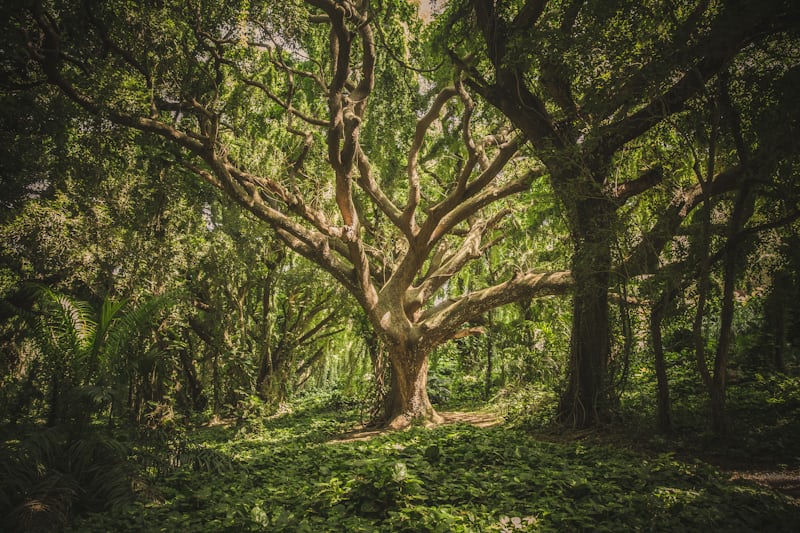Recently, I've begun to understand why writing cultivation novels requires a skill set that drastically varies from mainstream literature.
First of all, let us talk a lil bit about traditional literature. Traditional literature mainly aims on character development throughout the plot. For example, if you want to write a book or a drama, you start off with the main character, talk a bit about the backstory, reveal something interesting about his nature, make the reader question whether the main character is the antagonist. After the you have captivated the interest of your reader, to develop characters, you will have to eek out the most of the contradictions in a fashioned way, so at a later point, the character becomes clear, consistent and somewhat predictable.
Now, when you come to cultivation novels, all the ‘necessary’ steps while writing classical literature need not be followed!!
A few common tools to do as such are:
1) The Model: The most feeble character of all is the model hero- the ‘main character’ if you will. He’s determined, has thirst for power(generally immortality in cultivation novels), but we generally do not get the whole story as to why he behaves this peculiar way.
2) The Inside Story: In cultivation novels, the inside story is often given to act as a base for the main character of the story. This unique tool varies from series to series, but it is fundamentally the same across. The general idea is the same: why the protagonist is so tall and powerful is simply because of the huge family that gave birth to him. This is said to come from their mysterious depths, which are later shown to be related to the clan of their birth, whenever the protagonist exhibits exemplary courage or similar characteristics. It means that a convenient justification is given.
- Breakthrough: Breakthrough is an inherently good concept. They act as plot devices that let the reader know and understand how far the protagonist has come from the beginning and how the scenario in the series has changed now. How the breakthrough as a practical plot is used, apart from the often comical plot armour that surrounds the hero vs villain thing, and also due to the mysterious inside story that explains his power more than himself. I would like to explain if it is done-the tool will let the character develop instant characters. In a series with over 1000 chapters and regular updates, it makes sense that the author couldn't give every character their legitimate prominence. In fact, in most cases there is no character development! However, there are actually some character developments. Character development refers to the process of how a story arc changes the way a character thinks and reacts to a particular situation.
Now, apart from the dull character design / development, you can see the more general features of cultivation novels that are easily accessible to everyone: high repetition of plot points / arc stereotypes / character stereotypes. High number of words, characters, terribly sudden endings of the series, and a power scale to drink Tequila whenever you want.
Why are cultivation novels so popular?
If my analysis is at least somewhat right- there is really no reason why people will love these series for a long time and religiously!
Is it easy for the average reader to understand the subtle depths of a character? And is it a priority for the average reader?
Absolutely not! Whatever might be the inner character for a person and how it develops, the very act that entertains the reader are the actions of the main character. The cultivation genre exists for a unique group of people with similar tastes in multiple things, and I will list a few of them below.
1) Action: Undeniably the most important reason, there is hardly anything more satisfying than reading a gory action sequence which once again reaffirms the tenets of how being good will still let you be powerful. The Ideal Hero archetype which was a negative for plot development and immersion, actually acts as a conduit. The reader wants to read about the mythical beings of the classic David, both in terms of sculpture and mythology. We may not be able to personally equate with the perfect protagonist, but it's the character we've been waiting for. Characters are superficial and one-dimensional in nature, but the only dimension that exists is so much attention that readers who have an affinity for that one trait are drawn endlessly, niche yet vocal. Explains the fan base.
2) Eastern mysticism: Everyone, and I mean almost everyone, love the concept of fantasy, magic and more fantasy. And in the cultivation novels, we get these in things that are kinda real-world from different timelines, creating a seamless illusion that allows us to explore the world to the limits of our imagination. Mixing real Taoism and other denominations of Chinese philosophy with some Western magic is a fatally fascinating proposal. LitRPG is another interesting topic that I will talk about some time later.
The motivation behind this review is to analyze my own reading habits and understand why the number of cultivations I have read has linearly decreased, and also hopefully give you readers a bit of insight if you don’t already know about the cultivation genre.
